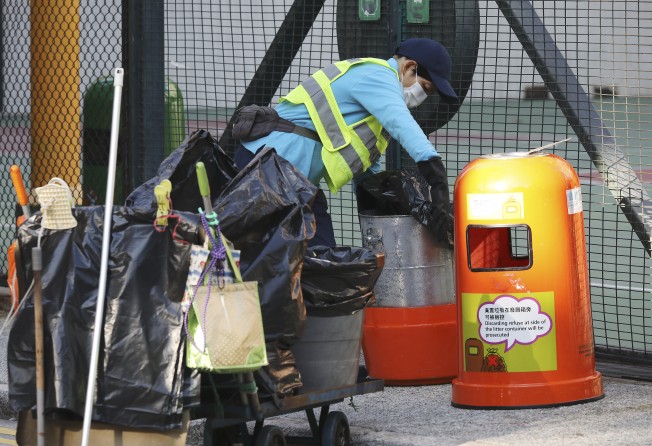Letters | Hong Kong failing frontline Covid workers by freezing minimum wage
- We should not be sacrificing our poorest and most vulnerable
- This is especially egregious when we consider the many rounds of economic assistance disbursed to businesses

I refer to your report on the Hong Kong government deciding last month to freeze the hourly minimum wage (“Hong Kong’s minimum wage to remain unchanged at HK$37.50 an hour”, February 2). The government said it was justified in freezing the statutory wage, as the struggling economy continues to be battered by the coronavirus pandemic. While the government is implementing more economic measures or loan schemes to improve livelihoods, freezing the pay once again of some of the lowest-paid Hongkongers is unreasonable.
Worse still, many of these workers, including cleaners, have been on the front lines in the city’s fight against Covid-19. Their contributions cannot be forgotten by society.
Print option is available for subscribers only.
SUBSCRIBE NOW